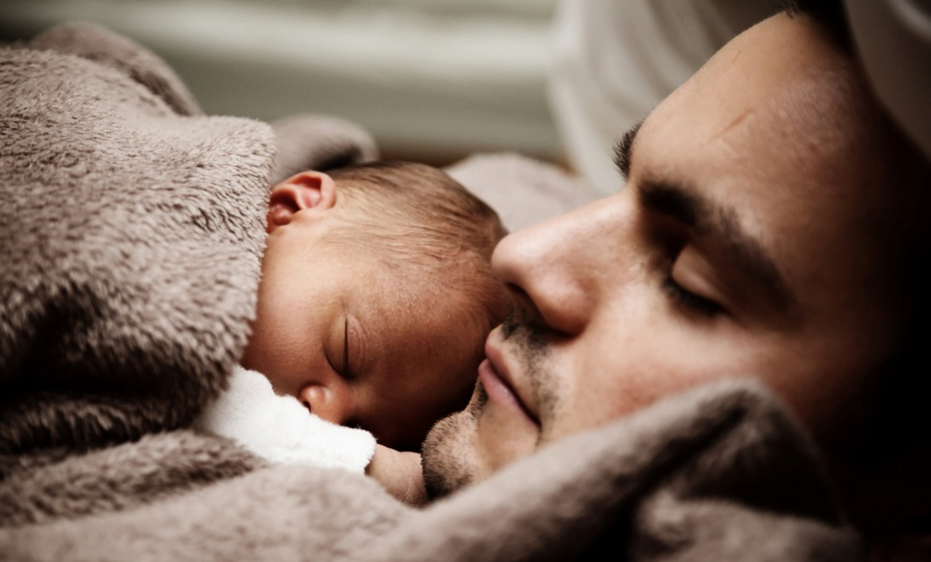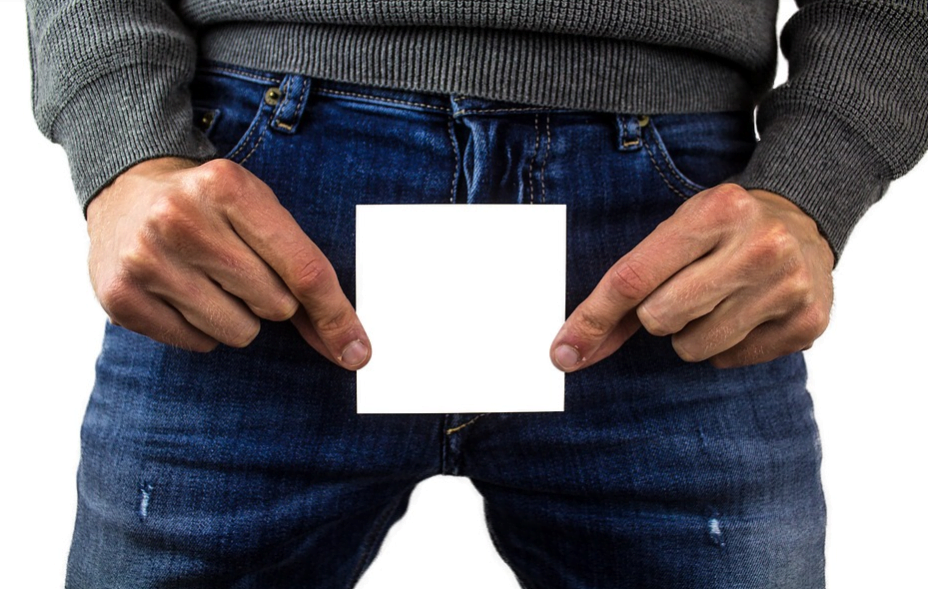Many people struggle with sleep disorders on a daily basis. Sleep disorders are medical conditions that adversely affect a person’s sleep patterns, sleeping habits, health and their life in general.
Some of them are very serious and require treatment. Undergoing a sleep study is one of the best options for diagnosing the problem and getting effective treatment.
There are a variety of sleep studies people can undergo that include sleep therapy measures. It’s important to know what these are and what takes place during these sessions.
Of course, first and foremost, you have to acknowledge that you have a problem with your sleep and that it’s important to get a better understanding as to why you have sleep troubles.
Sleep Diary
Keeping a sleep diary is beneficial when you are planning on exploring your treatment options and having a sleep study done.
Making note of your bedtime, the length of time it took to fall asleep, how long you were asleep, how often you woke up during the night and how tired you felt the next day.
Undergoing a Sleep Study
There are several sleep studies you can have done depending on the type of sleep disorder. The doctor may believe you have a specific condition based on your health, your symptoms and additional factors.
They include the following:
Polysomnogram (PSG):
This is a type of study that is done overnight while you are hooked up to wires attached to a variety of equipment. It tracks your brain activity, heart rate, blood pressure and eye movements, in particular.
This study is appropriate for individuals who suffer from sleep apnea, insomnia, hypersonic, circadian rhythm disorders and sleep-related movement disorders.
Multiple Sleep Latency Test (MSLT):
This test is done to determine how tired you get or to check whether treatments for your sleep breathing disorder are effective. The MSLT is usually done after a polysomnogram test.
During the MSLT, you nap for 20 minutes during a two-hour period while a sleep specialist monitors your brain activity and eye movements. This type of test is usually given to determine if a person suffers from narcolepsy.
Maintenance of Wakefulness Test (MWT):
The maintenance of wakefulness test is performed during the daytime and tests how alert you are during the day. It also measures your ability to stay awake during the day.
Usually, this type of test is done after a PSG to check for safety concerns with your sleepiness. The results of an MWT can be absolutely essential when the patient holds certain types of professions, such as driving or operating machinery.
Home Sleep Test:
A home sleep test is performed if moderate to severe obstructive sleep apnea is believed to be causing your sleep problems. To have the test done, you have to come to the clinic during the day and get a device with instruction on using it.
This device measures your airflow, a belt that goes around the chest to measure your breathing and another belt to measure your breathing from the diaphragm. There is also a clip that goes on your finger to check for how much oxygen is in your blood while you sleep.
If you’re curious to read more about dosages and the safety of nootropics click here
Sleep Studies Treatment and Therapy
The treatment you receive depends on the type of sleep disorder and its severity that is discovered during studies. A CPAP device may be prescribed or you may have to see a dentist to receive a special oral device.
There are additional treatments that may help as well, such as cognitive behavioral therapy, which may be an effective type of sleep therapy for individuals with insomnia.
No matter what your sleep disorder, sleep studies and therapy can help. Over time, you will notice an improvement in both your condition and your sleep.
Valley Sleep Center is a sleep study and sleep therapy clinic that diagnoses and treats sleep disorders such as sleep apnea, snoring, narcolepsy, insomnia, and other sleep disturbances for patients in the Phoenix, Mesa, Glendale, Scottsdale, and Chandler, Arizona areas.







